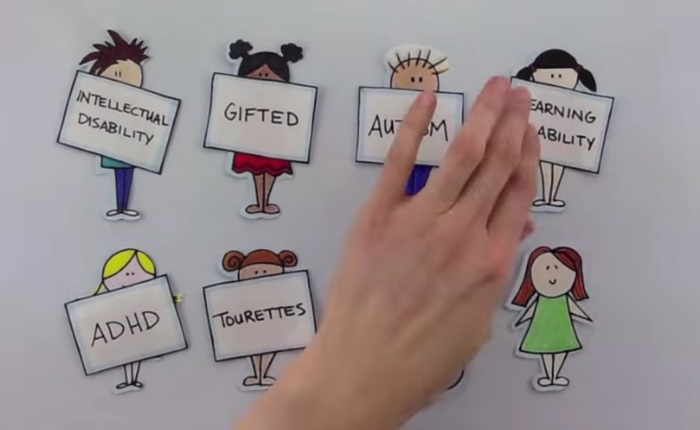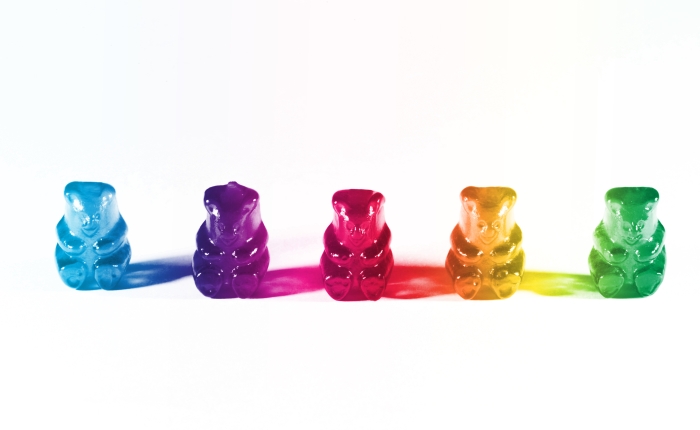
Image Description: a hand places disability label cards onto illustrations of children. Still taken from video in post.
Yesterday, on Twitter someone shared this video and asked me for my thoughts.
Video description: A mostly unnarrated video in which a pair of hands puts labels on illustrated jars like jam, peaches, pickles etc. Then the hands start labelling drawings of children with intellectual disability, gifted, autism, learning disability, ADHD, Tourettes, cerebral palsy and Down Syndrome. The video ends telling the viewer that labels are for jars.
I think talking about my feelings on this needs a wider audience than the one on one exchange I had on Twitter.
I actually completely disagree with the entire video. I think it is important to give children the words to understand and describe their own experiences and that it is also important to teach nondisabled children about disability in a normalized way. I…
View original post 736 more words



